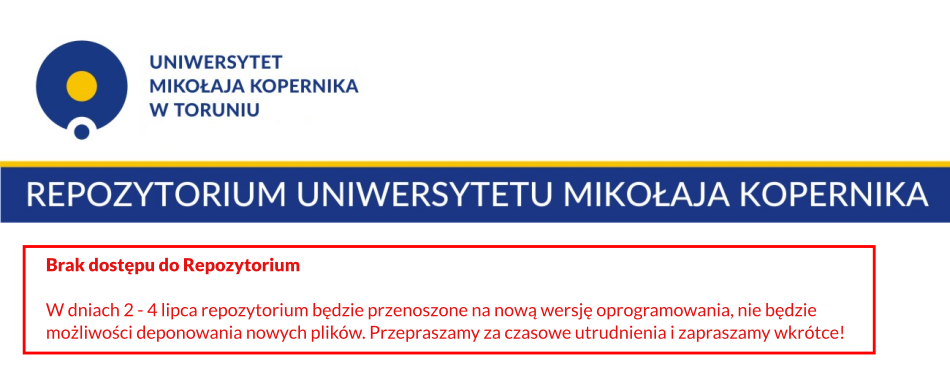| dc.contributor.author |
Gruszczyński, Rafał |
| dc.contributor.author |
Pietruszczak, Andrzej |
| dc.date.accessioned |
2013-10-17T17:05:59Z |
| dc.date.available |
2013-10-17T17:05:59Z |
| dc.date.issued |
2010-12-30 |
| dc.identifier.citation |
Logic and Logical Philosophy, No. 4, Vol. 19, 2010, pp. 309-328 |
| dc.identifier.issn |
1425-3305 |
| dc.identifier.other |
doi:10.12775/LLP.2010.011 |
| dc.identifier.uri |
http://repozytorium.umk.pl/handle/item/724 |
| dc.description.abstract |
As it is indicated in the title, this paper is devoted to the problem of defining mereological (collective) sets. Starting from basic properties of sets in mathematics and differences between them and so called conglomerates in Section 1, we go on to explicate informally in Section 2 what it means to join many objects into a single entity from point of view of mereology, the theory of part of (parthood) relation. In Section 3 we present and motivate basic axioms for part of relation and we point to their most fundamental consequences. Next three sections are devoted to formal explication of the notion of mereological set (collective set) in terms of sums, fusions and aggregates. We do not give proofs of all theorems. Some of them are complicated and their presentation would divert the reader’s attention from the main topic of the paper. In such cases we indicate where the proofs can be found and analyzed by those who are interested. |
| dc.language.iso |
eng |
| dc.rights |
Attribution-NoDerivs 3.0 Poland |
| dc.rights |
info:eu-repo/semantics/openAccess |
| dc.rights.uri |
http://creativecommons.org/licenses/by-nd/3.0/pl/ |
| dc.subject |
mereology |
| dc.subject |
mereological sum |
| dc.subject |
mereological fusion |
| dc.subject |
mereological aggregate |
| dc.subject |
mereological set |
| dc.subject |
collective set |
| dc.subject |
set theory |
| dc.subject |
formal ontology |
| dc.title |
How to define a mereological (collective) set |
| dc.type |
info:eu-repo/semantics/article |


